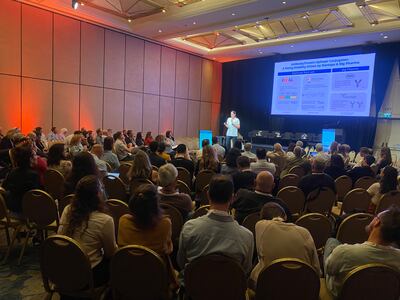The landmark FDA approval of Novartis AG’s Zolgensma (onasemnogene abeparvovec-xioi) in May 2019 shook the biopharma world in several ways including its price ($2.1 million per dose) and, as important, the very small data set on which FDA primarily based its decision – an ongoing open-label single arm trial of 21 infantile-onset patients with spinal muscular atrophy (SMA) under two years old. Biogen Inc.’s Spinraza (nusinersen) had already been approved in SMA in December 2016. As disease-modifying therapies, these compounds are a rarity in the field of neuromuscular diseases of genetic origin. They are also at the core of a fascinating, ongoing real-world case study in how the natural course of a disease can change rapidly. How companies’ SMA drug development and market access strategies evolve, both in terms of new disease-modifying agents and supportive therapies that address residual symptoms, could become a blueprint for other neuromuscular diseases like Duchenne’s Muscular Dystrophy (DMD) or Huntington’s Disease.
Spinal muscular atrophy (SMA) is a genetic disease caused by an absence of or defect in the SMN1 gene, which...







